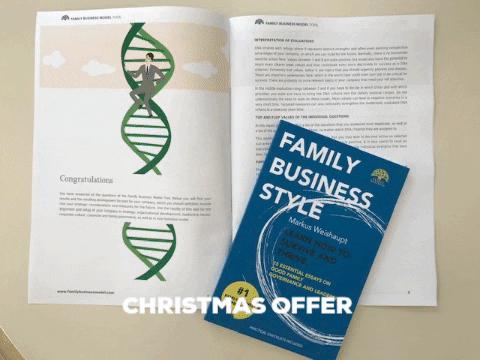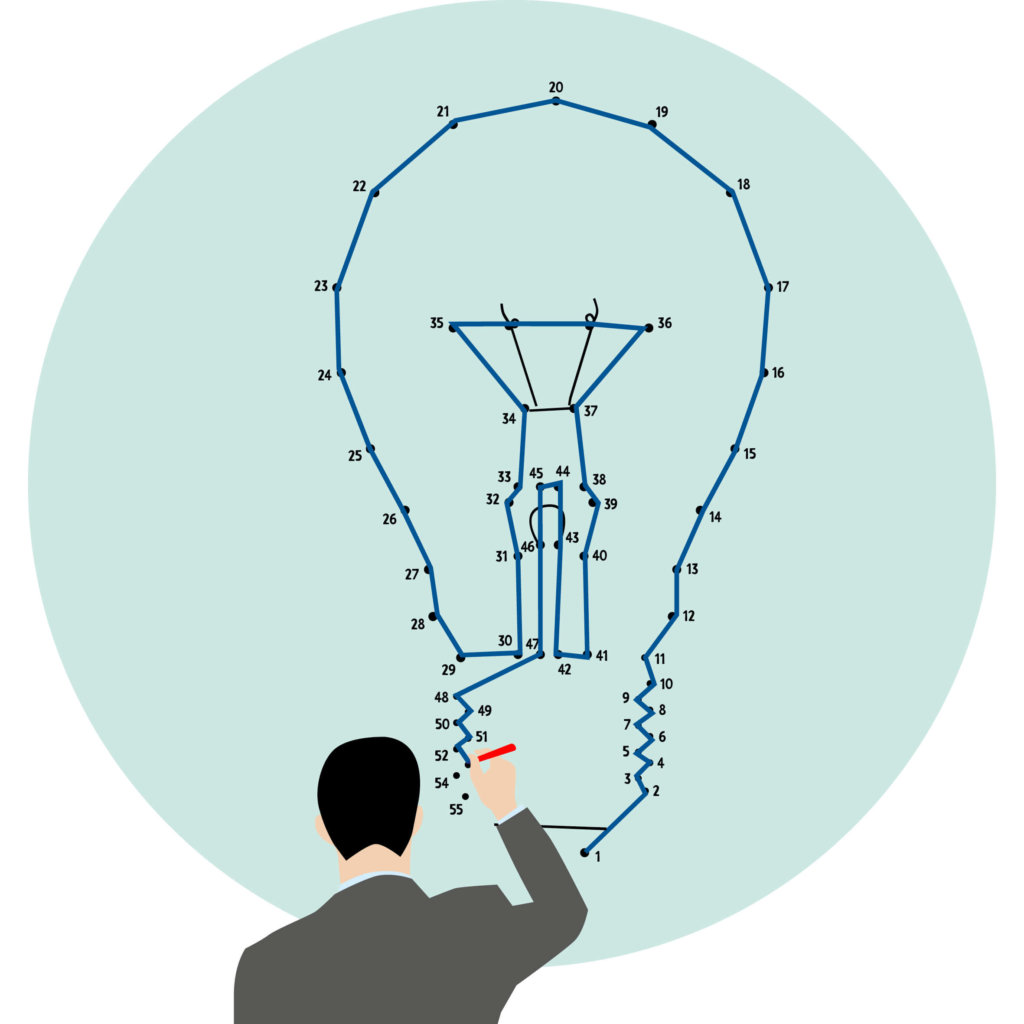
Successful family enterprises are different. Not only do they live the family business model on a foundational level, but they live this model without compromise. That said, adaptability always plays a factor in family business success; the best solutions are continuously and strategically reviewed to allow for their improvement. Here are five signs indicating that the family business model needs reconsideration:
Click Here to Access the Family Business Model Tool
1. Imminent Succession
Navigating the transition from one generation to the next demands intention, planning and execution. Succession is change for employees, customers and suppliers – the entire entrepreneurial family. With the next generation of leaders taking control over ownership and or operational systems, the places where family and business intersect can prove challenging. Looking solely at the emotional side of succession planning is not enough; the company’s business model also requires adaptation.

Self-evident megatrends, for example, global migration, connectivity, big data, automation, ongoing urbanisation and climate change are not merely theoretical brain exercises. They are immediately impactful. Profound strategy development and implementation, representing the intelligent adaption of a company’s organisational structure and business model, are a necessity.
 3. Revenue is Stagnant
3. Revenue is Stagnant
A loss in profitability usually indicates a problem that needs addressing. This doesn’t necessarily mean losses; it just means that profitability is decreasing. Earning 8 per cent instead of 10 per cent, for example, might not augur imminent danger. However, negativity, no matter how small, should be analysed with a strong focus on the future success potential of the existing business model.
4. Corporate Culture is Declining</p>
Corporate culture is essential and often proves far more important than strategy. The difficulty lies in defining culture and measuring its shortfalls, however, and here, research and surveys and crucial. Culture is sensed; people within the organisation can feel behavioural changes, recognise development and in a general sense ascertain whether the climate is positive, energetic and motivating or otherwise. Negativity expressed through corporate culture is like the telltale release of a pressure valve and represents a useful starting point when attempting to verify the business model.

Companies aim to create a continuous, repeating cycle of competitive advantages, which are honoured by their customers. These competitive advantages are proven by excellent growth-rates, outstanding profitability and steadily increasing company value. If these advantages, conveyed through product features, added services or emotional factors diminish, prices suffer, order intake struggles and consequently, turnover decreases. This is an opportunity to understand business model shortcomings.
Our recent survey of more than 200 multi-generational family businesses from Germany, Austria, Switzerland and Italy attempted to define the subject organisation’s respective essences. This DNA is the extraordinary business model or models which have led to decades or centuries of sustained success. They identified ten characteristics that distinguish outstanding family business models from the average.

The best family businesses live the following:
-
Effective decision-making through the convergence of ownership and leadership.
-
Intentional longevity: sound succession processes and superb governance.
-
Strong values that transcend generations, time and place.
-
Dedicated, competent and loyal employees.
-
Focus: many of the best companies are specialists.
-
A culture of innovation.
-
Internationalisation: a market share with no boundaries.
-
An emphasis on customer satisfaction and quality: a positive fanaticism.
-
Independence: robust equity ratios and insignificant indebtment.
-
Foresight: the ability to adapt leadership and management structures.

Click Here to Access the Family Business Model Tool




 3. Revenue is Stagnant
3. Revenue is Stagnant






